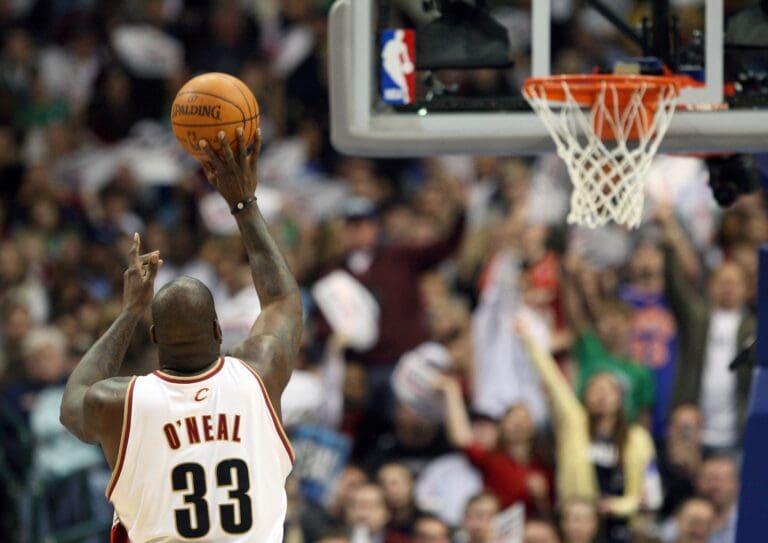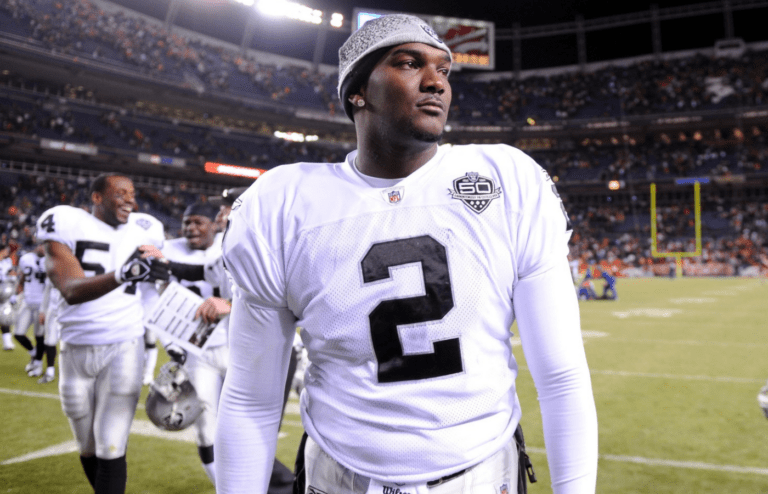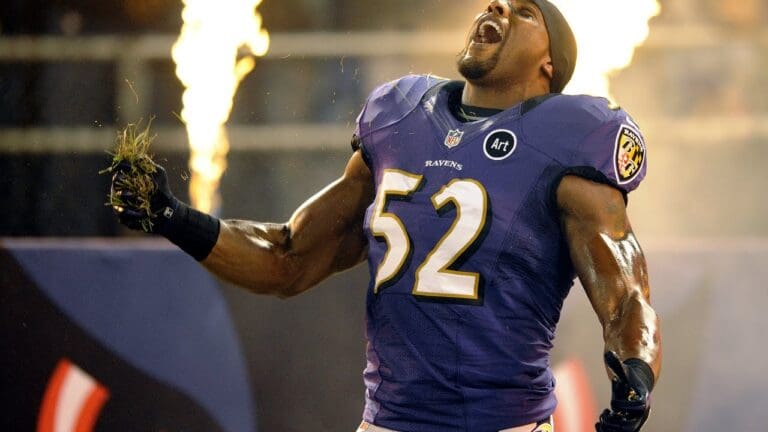Simone Biles is no stranger to the spotlight, but now she’s facing a wave of criticism not for her performance, but for stepping back from social media. And it’s Riley Gaines, a former collegiate swimmer and vocal right-wing figure, leading the charge.
After Biles’ X (formerly Twitter) account went inactive, Gaines took the opportunity to publicly taunt the Olympic champion. She reposted a screenshot of Biles’ now-inaccessible account and accused her of trying to “pretend it never happened,” referencing their recent online clash.
“Sad to see such a phenom go down like this,” Gaines posted, adding that Biles was ridiculed for a “morally indefensible take.”
Their feud stems from a post where Biles called out Gaines for bullying a transgender teenage softball player. Biles encouraged her to “uplift the trans community” instead of targeting vulnerable individuals.
Gaines responded by referencing Biles’ past trauma involving disgraced doctor Larry Nassar and claimed Biles’ support for inclusivity would have cost her Olympic gold.
Biles later apologized for the personal nature of her comment. Gaines did not.
Mental Health Experts Call Gaines’ New Attack “Harmful”
Monica Cwynar, a licensed clinical social worker, told HuffPost that Gaines’ latest comments were a “bad example” and an “unnecessary jab at someone in a vulnerable moment.”
“It feels like piling on when someone is already down,” she said. “This kind of attack can harm someone’s mental health, even someone as successful as Biles.”
Cwynar noted that Biles’ decision to deactivate social media may actually be a sign of strength, not weakness.
“Taking a break from negativity allows individuals to regroup, reflect, and heal,” she explained.
Why This Moment Matters For Simone Biles
Cwynar emphasized the importance of respecting apologies and understanding their emotional cost.
“When people are met with continued attacks after issuing an apology, it sends the message that vulnerability is met with contempt,” she said.
Biles’ apology showed growth. Gaines’ refusal to back off sends the opposite message, one that may discourage others from owning their mistakes.
And while everyone is entitled to their opinion, experts say taunting someone online doesn’t help anyone, especially when the target is already working to prioritize their mental health.








